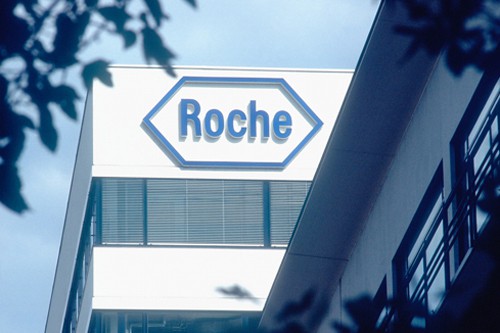
Roche has announced the launch of the Digital LightCycler System, its first digital polymerase chain reaction (PCR) system, to help clinical researchers ‘better understand’ the nature of a patient’s cancer, genetic disease or infection.
The new system has the potential to find and quantify ultra-rare, hard-to-detect mutations, by allowing researchers to divide DNA and RNA from an already extracted clinical sample into as many as 100,000 microscopic individual reactions. The system can then perform PCR and produce ‘highly sophisticated’ data analysis on the results.
Commenting on the launch, Thomas Schinecker, chief executive officer of Roche Diagnostics, said: “Understanding the hidden characteristics of serious diseases is fundamental for ensuring that the most effective treatment is selected for each patient.
“The Digital LightCycler System will support clinical researchers and laboratories in identifying rare and emerging disease mutations. This can be instrumental in early diagnosis and therapy decisions.”
For areas such as oncology and infectious disease, the system provides ‘new opportunities’ for researchers beyond what traditional PCR technology can achieve, the company said, leading to early diagnosis and treatment strategies.
The system is hoped to provide laboratories – who are performing highly sensitive and precise DNA and RNA analysis – with flexibility through three unique reaction plates, including allowing customisation of the sample volumes used, the number of times a sample is divided and how many different tests can be run on a single sample – known as multiplexing.
The system will be available in 15 countries worldwide in 2022 with plans to launch into more countries in the near future, the company said. The system will be CE-marked and has a US Food and Drug Administration (FDA) 510(k) exempt status.
Also in August, Roche announced a collaboration with Cend therapeutics to evaluate CEND-1 in combination with Roche’s Tecentriq (atezolizumab), and standard-of-care chemotherapy in patients with metastatic pancreatic ductal adenocarcinoma (mPDAC).
Roche’s Tecentriq is a cancer immunotherapy that has the potential to be used in combination with other immunotherapies, targeted medicines and various chemotherapies across a broad range of cancers.
The company recently announced positive results from a phase 3 study evaluating a subcutaneous formulation of Tecentriq in cancer immunotherapy-naïve patients with locally advanced or metastatic non-small cell lung cancer (NSCLC) for whom prior platinum therapy has failed, compared to Tecentriq as an intravenous dose.




